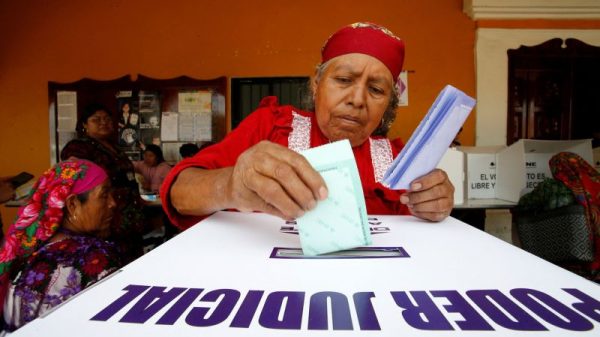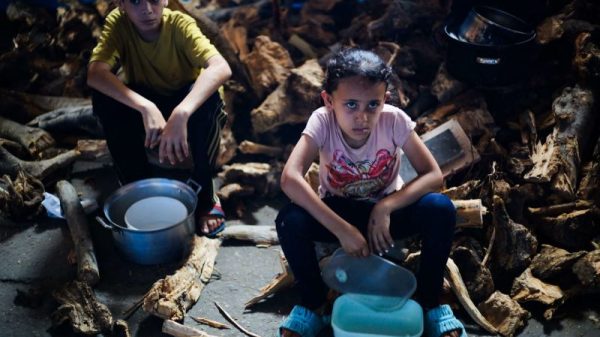A teenage Iranian girl who fell into a coma after she was allegedly assaulted by the country’s morality police for not wearing a headscarf has died, according to Iranian state media.
“Unfortunately, the brain damage led to the victim spending some time in a coma and they died a few minutes ago,” the statement from IRNA said.
Earlier this week, Armita was declared “brain dead” despite the efforts of medical staff to save her.
Armita Geravand, 16, was hospitalized with head injuries following the alleged assault at a Tehran metro station earlier this month, according to activists, just weeks after Iran passed draconian legislation imposing much harsher penalties on women who breach the country’s already strict hijab rules.
Earlier in October, the Norway-based Hengaw Organization for Human Rights, which focuses on Kurdish rights, said Geravand was “assaulted” by morality police and fell into a coma.
Another opposition network, IranWire, said Geravand was admitted to the hospital with “head trauma.”
“This request resulted in an altercation with the morality police officers physically assaulting Geravand. She was pushed, leading to her collapse,” Shekhi said.
Iranian authorities have denied the allegations, saying Geravand was hospitalized due to an injury caused by low blood pressure.
Geravand’s friends and family have echoed those denials in interviews with state media, though it is unclear if they were coerced into doing so. UN officials and rights groups have previously accused Iranian authorities of pressuring families of killed protesters to make statements supportive of the government narrative.
Iran’s parliament in September passed a so-called “hijab bill” on the wearing of clothing – which if violated can carry up to 10 years in prison – following the first anniversary of mass protests sparked by the death of Mahsa Amini.
Amini, a 22-year-old Kurdish-Iranian woman, died last September after being detained by the regime’s infamous morality police, allegedly for not abiding by the country’s conservative dress code.







































